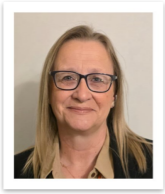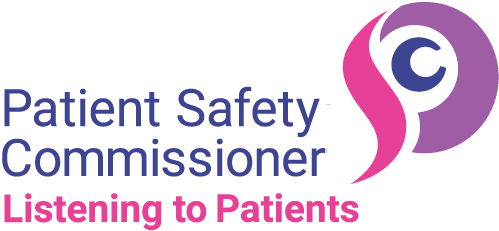
In 2016 the Health Quality Safety Commission (HQSC) in NZ launched a five-year programme that improved and standardised the way health care systems recognised and responded to deterioration. There were three main work streams in this programme. First, a national Early Warning Score (EWS), secondly patient, family and whānau escalation – Kōrero mai and finally, Goals of Care.
We call it Kōrero mai, which means ‘Talk to Me’ in Te Reo Māori, the language of the indigenous people of Aotearoa New Zealand.
Patients and their families often recognise subtle signs of deterioration even before there are any changes to their vital signs. It is the failure to listen and respond to these warnings that can lead to adverse events.
A co-design approach was taken where health care professionals and consumers work together to develop the patient and family escalation pathway. Our consumers began collecting data by interviewing patients and family on the wards, observing interactions between nurses and patients. We discovered that patients would open up and discuss issues with our consumers more freely than with nurses.
The outcome was a poster and a business card. The business card was given to patients on admission to the ward and it was explained to them on how to use the service. When we evaluated the service a year after implementation there was still some confusion over posters, especially amongst older people, but the business cards were a huge success.
We launched Kōrero mai in 2019 at Wellington Hospital. We provided education to nurses on how to introduce the system to patients on admission as well as providing reassurance that this was not a way for patients to complain about them.
The outcomes have been excellent. Over a four-year period, there has been only 49 calls. We have seen that a lot of the calls have been as a result of a breakdown in communication. Our aim is to build better communication between primary care team and the patient.
We are now in the process of launching Kōrero mai in two local hospitals as well as doing a largescale promotion around Kōrero mai at Wellington Hospital.
We have learnt a lot of lessons. Don’t advertise the service by the car park machines. Recently the car parking machines have started to break down and so we have received a few calls from there.
Kōrero mai not only provided a system for patients and family members to speak up but it empowered the nurses to stop and listen.
Working with consumers is an enjoyable and humbling experience. We can learn a lot from each other. Don’t be afraid of it because you are developing a health service we will all use at some stage in our lives.
Sarah Imray the Clinical Nurse Specialist for the critical care outreach service at Wellington Hospital, Welling, New Zealand. She is also on the board for the New Zealand Critical Outreach Forum and on the Advisory Committee for the International Society Rapid Response Systems.
